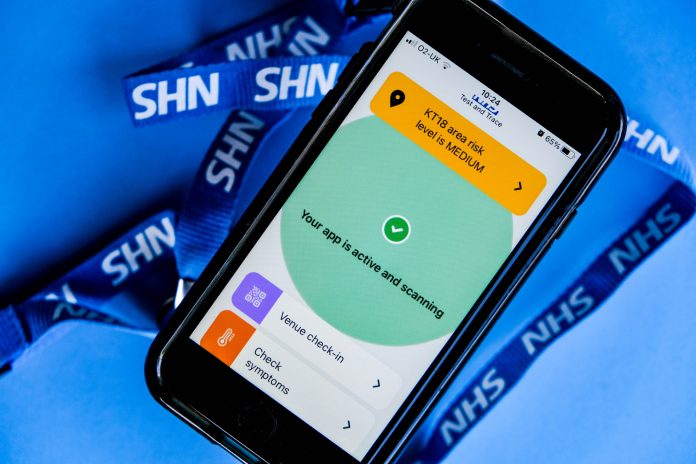Here we explore how crowdsourcing technology has helped the NHS and the wider diagnostics community in their coronavirus response
When the coronavirus pandemic reached the UK, it posed an unprecedented and colossal challenge for our healthcare sector. Experts were tasked with establishing a programme that would ensure healthcare professionals across the country and industry could work together to find novel solutions to help increase testing methods, supplies and capacity. What unfolded was more than just an informal idea exchange – it turned into the biggest conversation the UK diagnostics community has ever seen and has fundamentally changed the communications landscape of the field. It’s a story of digital transformation with people, technology and dedication at the heart of it.
Charting a new path in the face of a looming healthcare crisis
In April, the Department of Health and Social Care (DHSC), the NHS and partners launched a major UK-wide programme to improve scientific processes and bring experts together in response to the challenges of the pandemic. The technology that underpinned this digital initiative was a cloud-based idea management software – or crowdsourcing platform – called Medallia Crowdicity.
Crowdsourcing ideas is nothing new in itself. Enterprises and governments have been crowdsourcing ideas from customers, employees and citizens for some years now. Organisations set challenges for their communities to solve, which helps them discover and refine quality solutions to complex problems in a way that dismantles hierarchies and encourages engagement. In an NHS context, the Horizons team had previously worked with the technology and felt it could be used effectively in this challenging context.
What has never been done before is the use of crowdsourcing to connect the entire health diagnostics community of the nation from small laboratories to NHS England’s Chief Scientific Officer with industry colleagues. This large, loose and siloed network of professionals traditionally rely on formal information cascade to achieve progress – a process that wasn’t nearly agile enough to tackle a looming crisis.
The digital transformation of collective intelligence
The crowdsourcing platform was set up to give decision-makers both new information as well as a range of different options with regards to coronavirus testing questions and issues. Although technology can be highly intuitive, it takes leadership to drive engagement and ensure every contributor feels capable and comfortable sharing ideas. With the help of ‘champions’ and experts from Medallia, NHS Horizons, the DHSC, the UK Bioindustry Association, the British In Vitro Diagnostics Association and the Royal College of Pathologists, this new digital collaboration bore fruits rapidly.
Within seven days, 38 ideas were identified as having potential and fast-tracked through to UK laboratory teams for validation. After the programme’s initial success, the four challenge areas were extended to encompass five further areas of scientific enquiry. There were over 100,000 interactions with the platform since its set-up in April, with over 1,000 individual contributors and 52 innovations shared to labs to test and put into practice.
Democratising the traditional scientific review process
Beyond creating an arena for sharing insight, crowdsourcing tools can also fulfil an idea management role, as was the case here. As a result of academics, scientists and experts informally discussing and refining ideas, feeding into each other’s expert opinions, a new form of peer review process emerged which was more democratic in nature. The premise of the initiative ‘all ideas are treated as equal’ could manifest itself through crowdsourcing, which enabled small and nimble laboratories to join the national conversation for the first time.
Crowdsourcing technology has undoubtedly made its mark on the UK diagnostic community. It has changed the way experts interact, encouraged them to establish new connections and have conversations they otherwise might not have had. The digital transformation that took place in the face of the pandemic will help this network of healthcare professionals continue to pool expertise, improve scientific responses to crises and streamline the process of making life-changing ideas accessible to all.











